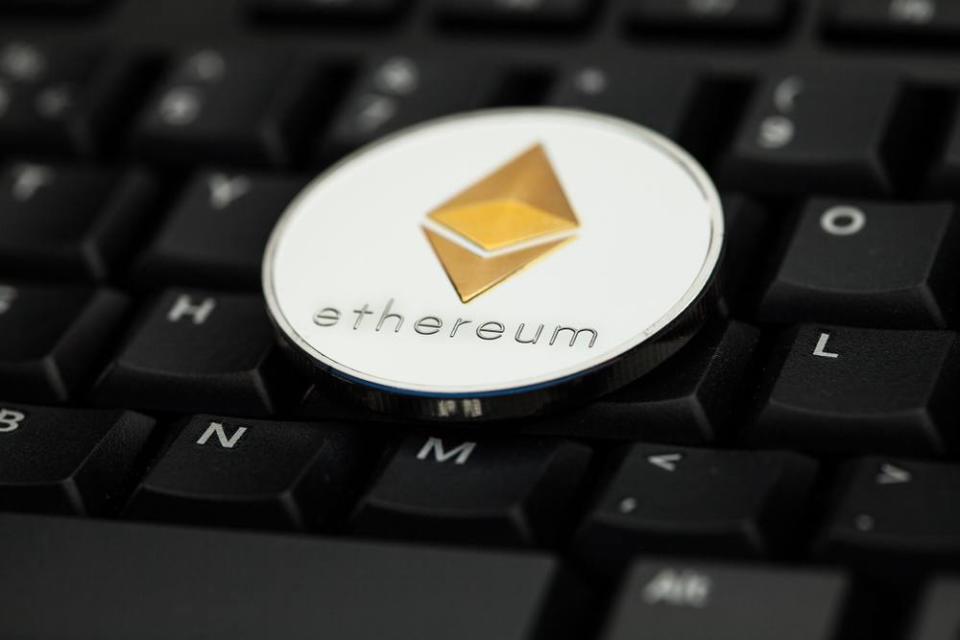Vitalik Buterin: Ethereum Governance is Currently Underrated

In the most recent episode of Into the Ether, Vitalik Buterin appears to discuss all things Ethereum. One of the subjects that came up was the Ethereum governance model. Eric Conner asked Buterin about on-chain governance models, and his thoughts on how Ethereum’s governance stacks up against them.
Current Governance Model Underrated: Vitalik Buterin
Buterin says that the current Ethereum governance model works pretty well, considering the problems it has guided the protocol through.
I actually think that Ethereum governance is under-rated at this point. Because it’s not something that we can attach a cool name to and advertise. And honestly, moderation is a less exciting pitch for people than either on-chain votes, maximum coin holder engagement, or on the other hand immutability. We as a community have never tended to go for extremes. But in reality, on the one hand people complain about governance as a process. But on the other hand, in terms of concrete outcomes that Ethereum governance has achieved, it’s done really well.
It’s implemented the issuance reductions. The issuance reductions seem to be something that most people tend to agree with. […] When there was a crisis back in the year 2016 DOS attacks, it managed to implement, roll, stack out, test and roll out a hard fork all within a time span of 6 days. That’s not something we want to repeat but it’s clearly something we can do if we really wanted to.
When there was a Constantinople bug, it managed to delay the fork within a few hours. It is achieving the things that you might reasonably want a governance of a protocol to achieve, which is to make changes people want and not make changes people want. The one thing that it’s not achieving is dispute resolution or fund recovery or things in that category. And the other thing it’s not achieving is decentralized funding of public good projects.
Not Interested in Arbitration
He goes on to say that both of these things can lead to more harm than good. In the context of dispute resolution and fund recovery, he says you’re opening up a “Pandora’s box.” Where can you draw the line if transactions lose immutability? He also says that decentralized funding of public good projects is easily gameable – in an anonymous context, how can you delineate between a wealthy Ethereum holder or someone that’s legitimately trying to do good?
Later in the episode, Buterin talks about privacy in Ethereum. He says that he currently is working on a patch that will make it harder to determine if the same wallet is interacting with multiple decentralized applications. The host claims that he uses a different Ethereum wallet for every dApp he uses, as a way to protect his privacy. They both agreed that privacy is paramount for Ethereum’s long-term viability.

